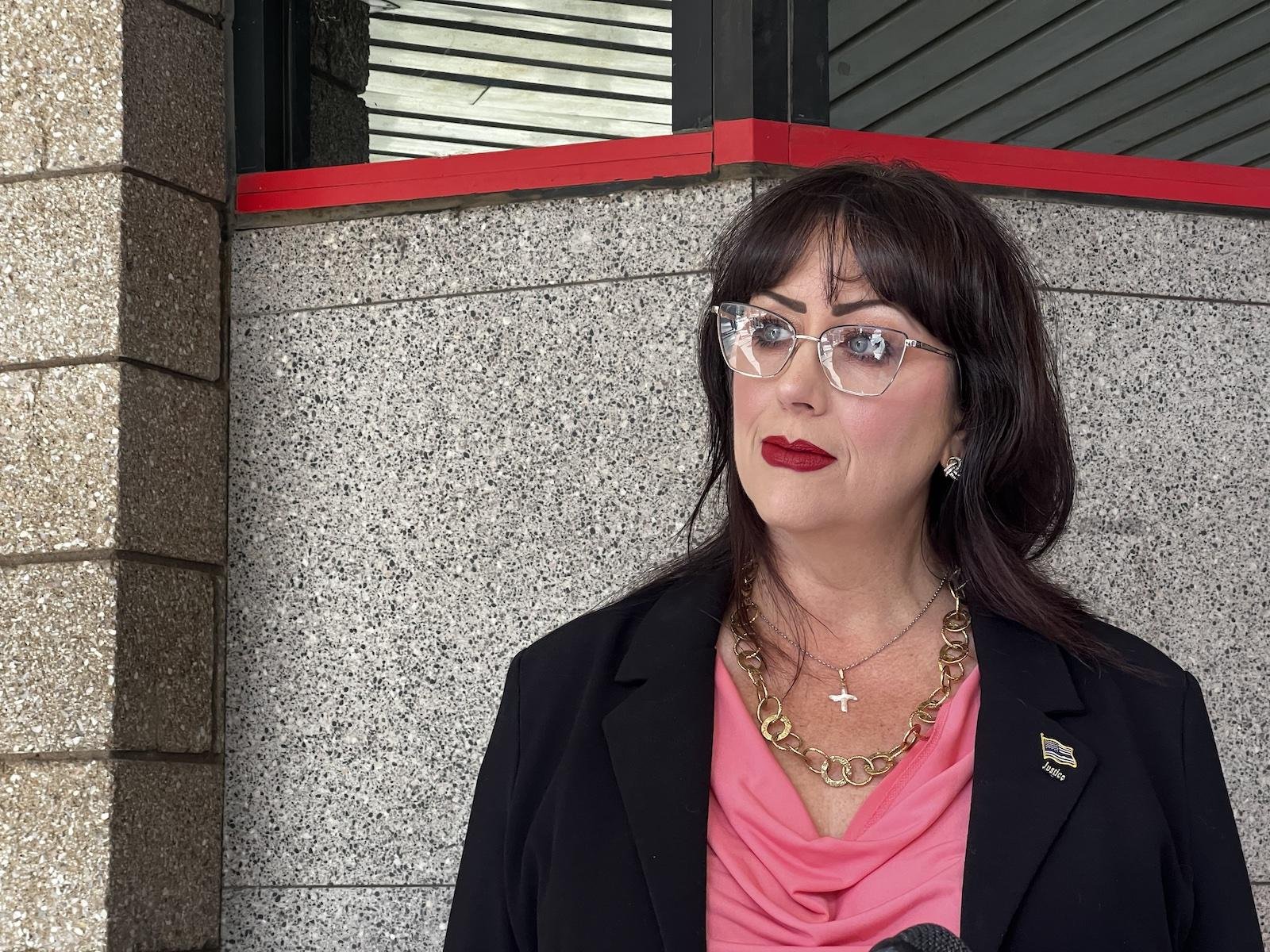arizona
Sen. Wadsack Set for Traffic Trial as Judge Dismisses ‘Privilege’ Claims

Tucson, Arizona – Arizona State Senator Justine Wadsack is set to undergo a bench trial next week following a court’s refusal to dismiss her speeding-related case. The trial will take place in Tucson City Court on December 23, where Wadsack faces a charge for allegedly driving her Tesla over 70 mph on Speedway while failing to provide proof of insurance.
Wadsack’s defense attorney, Brad Miller, argued for dismissal based on the claim that as a state legislator, Wadsack enjoys immunity from arrest during legislative sessions. He contended that this legal shield is necessary to prevent political interference, a stance that the court found unconvincing. City Magistrate Lisa Surhio stated that granting such immunity could lead to lawmakers being above the law.
During a traffic stop on March 15, Tucson police reported that Wadsack was observed speeding after 10 p.m. According to the officer’s account, Wadsack justified her speed by saying she was “racing to get home” due to her Tesla’s low battery. Though speeding over 20 mph above the limit constitutes a class 3 misdemeanor in Arizona, she was not cited immediately. Wadsack identified herself as a senator, which led officers to initially consider her state immunity.
Legally, Arizona legislators can be arrested only for serious crimes while in session, a protection aimed at preserving their ability to perform legislative duties. Miller suggested that police officers misapplied this principle, claiming that officers were briefed on Wadsack’s immunity but decided to proceed with charges after the legislative session concluded.
The case has prompted Wadsack to assert that she is a victim of “political persecution,” alleging that city officials engaged in unlawful tactics to undermine her political career. In September, Miller hinted at possibly filing a claim against the city, targeting city leaders for depositions, including Tucson’s mayor and police chief.
As part of her defense, Wadsack’s legal team has issued subpoenas for several Tucson police officers involved in her traffic stop, including Officer Ryder Schrage, who cited her. They are seeking police reports and communications related to the incident. The court has since permitted access to Schrage’s reports but denied access to his personal text messages and emails.
Encapsulating the legal arguments, the prosecution claims that Wadsack’s assertions of legislative immunity are unfounded. Matthew Walker, an assistant prosecuting attorney, highlighted that existing case law does not grant blanket immunity to legislators, particularly in relation to criminal charges. He asserted that Wadsack’s speeding citation is valid and not protected under any legislative privilege.
Wadsack’s legal battle continues to draw media attention and has raised questions about the intersection of legislative privilege and accountability. As the trial approaches, Wadsack maintains her position, characterizing the charges as politically motivated while asserting her innocence.


















